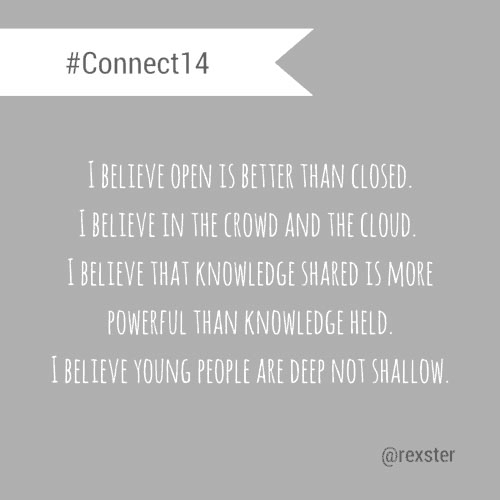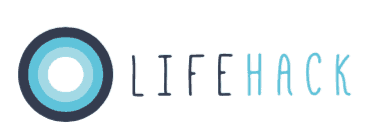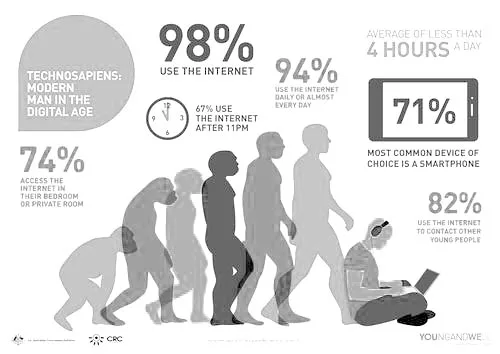#Connect14 – LIFEHACK in Melbourne

In February, we were lucky to get the chance to attend #Connect14.
Connect 2014 was a conference which brought together young people and researchers, practitioners and policy-makers from Young and Well CRC’s not-for-profit, academic, government and corporate partners, with a focus on youth wellbeing and technology.
Connect 2014 was a meeting of the most influential minds working for the wellbeing of young people today from across Australia and beyond.
Chelsea and I were grateful to be able to fly the flag for Aotearoa and share the room with over 400 people who were striving for a better world for young people as well.
The two day conference was a heady mix of fascinating keynotes and breakouts where we sponged up a lot of the research which our new friends at Young & Well have been producing such as this:
Time at the coffee breaks was seldom spent in anything else but deep conversation with people doing fascinating work in the clinical space, researching wellbeing technology, or with people working in mental health services to make them more accessible to regional parts of Australia.
There was some great buzz online too – check out the storify summary of Day 1 here and Day 2 here.
Here’s some of our main takeaways from the conference:
1. The role of data & research is vital to best directing & using resources
In NZ we’re even more limited when it comes to resources flowing into the youth wellbeing & mental health sector, so we need to use them well. The innovative structure and funding of Young & Well CRC acts as a hub for high quality research & data to best spur discussion, action, and allocate resources in a way to best leverage them. They also act as somewhat of a collaboration hub to enable stakeholder organisations to avoid duplication.
2. The relationship with clinicians can’t be understated
#Connect14 was chocked with professional clinicians and support workers who were looking for leading-edge tech solutions to use when working with clients. There was little in the way of “can technology really help?” discussions – the data & research shows it can. There was also significant work done by Young & Well to create spaces for collaboration between young people, service providers, clinicians and technology companies – this was important to getting projects off the ground which brought all these voices into one room to design the best possible solutions.
3. Moving beyond just “eMental Health Services”
There were several examples which touched on the vision we have at Lifehack for supporting and nurturing preventative wellbeing strategies in people’s every day lives. Whilst a large part of the conference focused on how tech can help scale access to mental health services (such as the excellent Headspace and Reachout), there was several projects which looked at how wellbeing strategies could be weaved into people’s every day lives (through apps, games, etc with positive psychology built in) rather than going to a digital or physical hub to engage with information or clinicians. We’ve been talking a lot about this at some of our weekend events recently.
Stoyan Stoyanov talking about using music eScape for mood regulation #connect14 pic.twitter.com/xMz2AaPIUG
— Rafael Calvo (@Rafael_A_Calvo) February 20, 2014
4. Lifehack is unique and exciting
This was almost one of our biggest surprises, but after a whole weekend of asking people about similar models and approaches which focused on entrepreneur + youth-led projects, we came up with little. We were humbled to hear that our initial conversations with some of the larger organisations leading change in Australia, that they will be closely following (and possibly even coming over to NZ for) our newly modelled Lifehack Labs in 2014.
5. Relationships built in Australia can have meaningful flow on effects for Aotearoa New Zealand
Our great hope coming out of this conference is that some of the relationships we built through the two days will prove to become a trans-Tasman alliance working to improve youth wellbeing and mental health. If we can train more of the research, learnings, data, proven models and experimental projects from both sides of the Tasman on the challenges we all face, then we have a much better chance of creating more tools and solutions.

